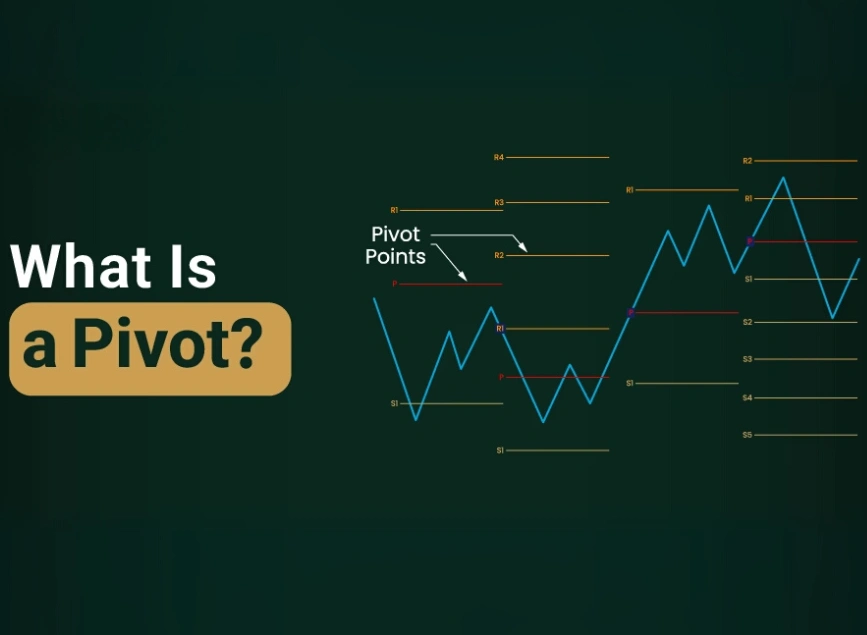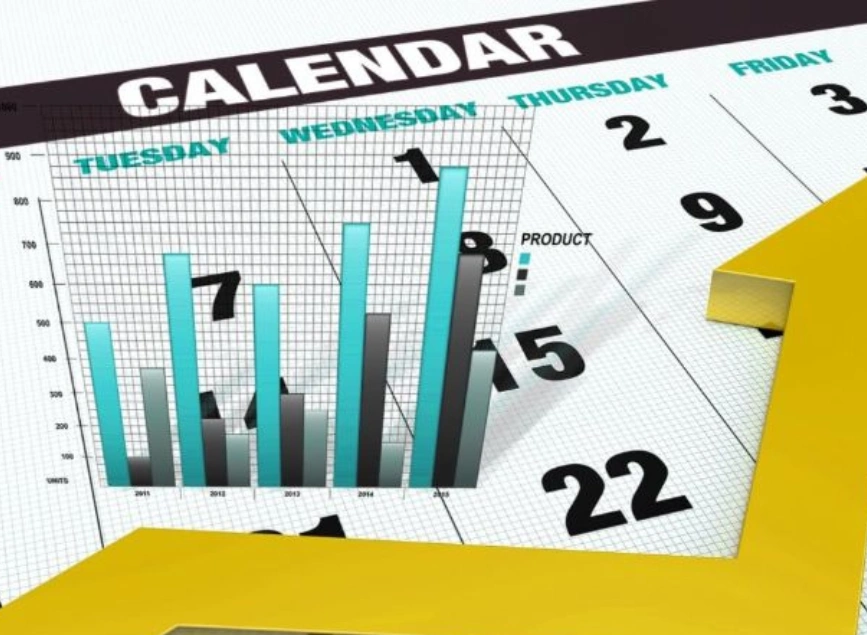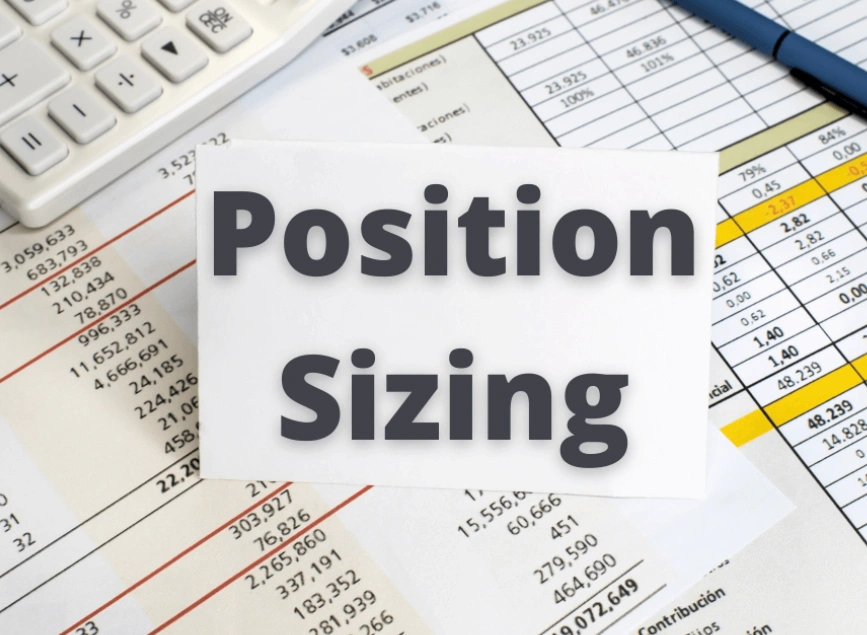
Fundamental Analysis in Trading: Economic News and Data
Estimated reading time: 3 minutes
Table of contents
In the world of professional trading, charts alone don’t tell the full story. Many of the market’s biggest moves—sharp rallies in currency pairs or sudden drops in stock indices—are often triggered by economic news and global macro events. This is where fundamental analysis becomes essential.
In this article, we’ll break down what fundamental analysis is, how to interpret economic news, and how to turn key data into actionable trading decisions.
What Is Fundamental Analysis?
Fundamental analysis is the process of evaluating the value of an asset by examining economic, political, and financial data. While technical analysis focuses on charts and price action, fundamental analysis answers a core question:
🧩 What real-world factors are driving the price of this asset?
Key Economic Indicators to Watch
| Economic Indicator | Impact on Market | Why It Matters |
|---|---|---|
| Interest Rate Decisions | 🔺 Higher = Stronger currency 🔻 Lower = Weaker currency | Central banks (like the Fed or ECB) use rates to control inflation and stimulate growth. |
| Inflation (CPI, PPI) | 🔺 Higher = Possible rate hike | Impacts purchasing power and drives monetary policy changes. |
| Unemployment Rate | 🔻 Lower = Positive for economy | Reflects labor market health and consumer spending strength. |
| GDP Growth | 🔺 Expansion = Stronger markets | The most comprehensive measure of economic activity. |
| Sentiment, PMI, NFP | ⚠️ Leading market signals | Used to assess economic momentum and potential turning points. |
How to Interpret Economic News
1️⃣ Compare Forecast vs. Actual
Markets move not just on the actual data but how it compares to forecasts.
Example:
If U.S. inflation (CPI) is expected at 3.2% but comes in at 3.8%, it may boost the dollar due to the likelihood of rate hikes.
Read More: How to Analyze US Stocks for Buying: The Complete Guide
2️⃣ Understand the Relative Importance
Not all reports move markets equally. High-impact releases like:
- Interest Rate Decisions
- Non-Farm Payrolls (NFP)
- Inflation Reports (CPI)
…often cause immediate and dramatic volatility. Others are secondary but can still influence trends over time.
💡 Note: The initial reaction might be emotional. The real trend may develop hours or even days later.
Read More: What is Fundamental Analysis? A Comprehensive Guide for Traders
3️⃣ Correlate News with Asset Classes
| Economic Event | Likely Market Impact |
|---|---|
| 🔺 High U.S. inflation | Stronger USD → Gold and stocks may fall |
| 🔻 Falling unemployment | Bullish stocks → Increased risk appetite (Risk-On) |
| ⚔️ Rising geopolitical tensions | Gold and safe-havens (JPY, CHF) rally → Risk-Off sentiment |
Trusted Sources for Economic News
- Forex Factory – Reliable calendar and event tracking
- Investing.com – Economic indicators and real-time data
- Bloomberg / Reuters – Professional market coverage
- Social Media (Twitter/X, Telegram) – Instant trader reactions and analysis
How to Apply Fundamental Analysis in Trading
✅ Combine with Technical Analysis
Only execute trades when both the fundamentals and technicals point in the same direction.
⚠️ Avoid Trading During Major Releases
Price action is often wild during news drops. Consider waiting for the dust to settle or using pending orders.
🔐 Manage Risk Around Volatility
During high-impact events like the NFP, consider reducing position size or widening stop-losses.
Conclusion
Fundamental analysis helps traders understand the “why” behind price movements. By learning how to interpret economic data, you can stay ahead of the market and make well-informed, strategic decisions.
When used alongside technical analysis, it becomes a powerful combination for navigating today’s fast-moving financial markets like a pro.
Share
Hot topics

Best broker for gold trading
There’s always been a certain magic about gold. Before online charts and trading applications, people stored their wealth in coins and bars, trusting that gold would retain its value during...
Read more




Submit comment
Your email address will not be published. Required fields are marked *